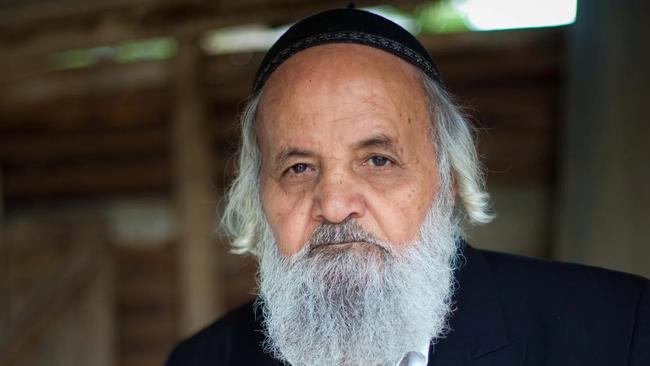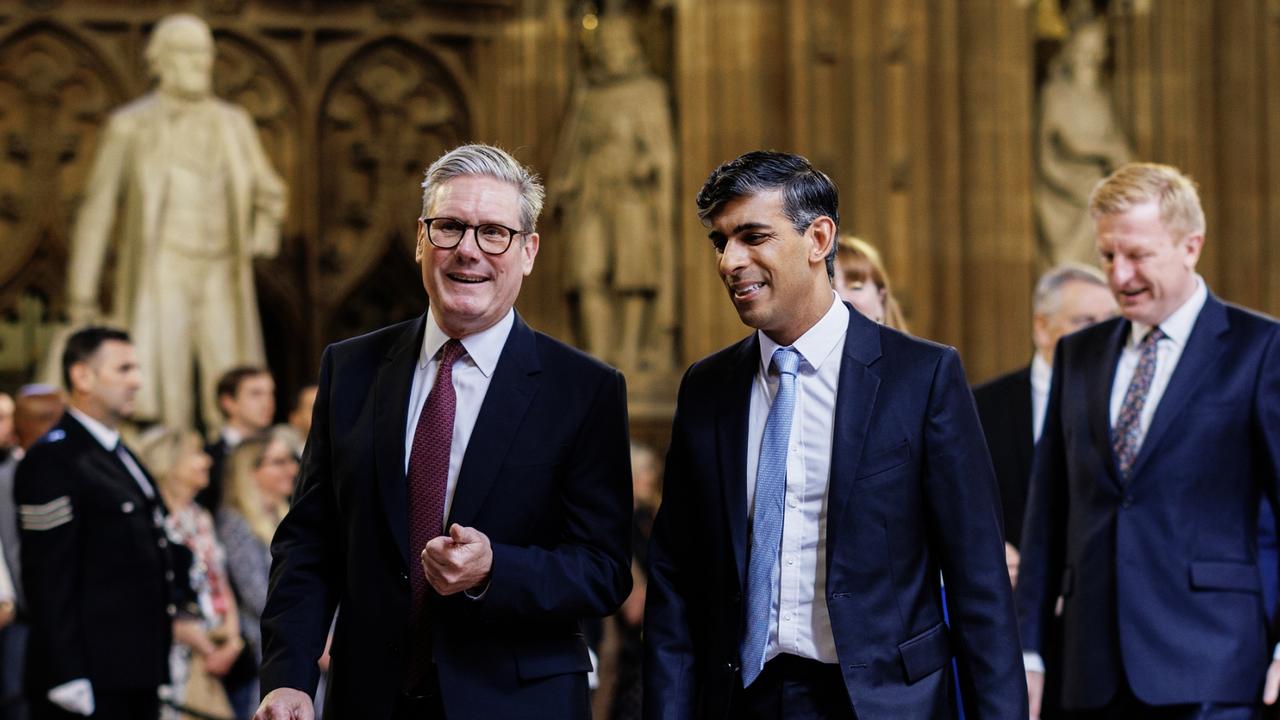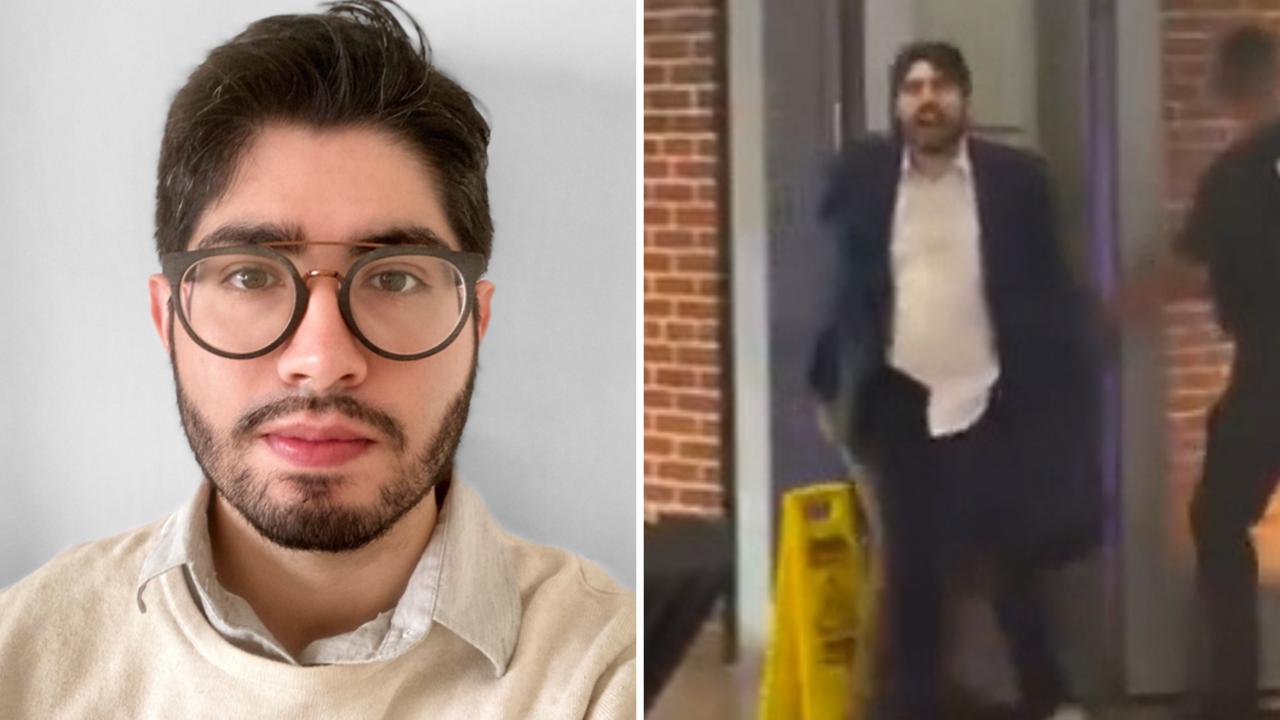Shalom Nagar hanged Adolf Eichmann, Hitler’s architect of the Holocaust
Shalom Nagar, the Israeli executioner of the Nazi Adolf Eichmann, shielded his identity for 30 years – but in later life celebrated Jews’ thriving despite the Holocaust.

Shalom Nagar did not want to be Adolf Eichmann’s executioner. The 26-year-old did not volunteer for the job of hanging the architect of Hitler’s Holocaust whom he had guarded during his six months in Israel’s Ramla prison.
He was chosen for the task, and agreed only after he was shown photographs of Nazi atrocities against children. “It so shocked me that I agreed to do what had to be done,” he said.
Eichmann was executed in secret a few minutes after midnight on June 1, 1962. Nagar was off duty that day, but he was picked up by his boss as he walked along a street and driven back to the prison. There he was taken to a specially constructed execution chamber where he confronted Eichmann, who had received a last glass of wine and a visit from a priest, and was still wearing his plaid slippers.
Eichmann refused a blindfold. He was standing on the trapdoor. One of the small group of witnesses claimed the condemned man’s final words were “I hope that all of you will follow me”.
The dead man was left hanging an hour. Nagar then was ordered to take down the body. “His face was white as chalk, his eyes were bulging and his tongue was dangling out … When I lifted him, all of the air from the inside came out and a terrible noise came out of his mouth. I had a feeling that the angel of death was coming to take me.”
Nagar then had to push the corpse across a courtyard on a trolley to an incinerator specially built by a man whose family had all died in concentration camps.
After Israel’s first and only judicial execution, Eichmann’s ashes were buried at sea so not to defile the Holy Land.
In the 1980s Nagar was asked to execute another Nazi war criminal, Ivan Demjanjuk, but refused, saying he had “had enough trauma”. (Demjanjuk was ultimately acquitted.) Nagar embraced Orthodox Judaism and – at least for the next 30 years – anonymity.
Eichmann was the logistical mastermind of the Final Solution. He escaped to Argentina a few years after the war but was tracked down and abducted by Mossad agents in 1960. Eichmann subsequently was sentenced to death for war crimes and crimes against humanity, and Nagar was one of the 22 handpicked guards during the six months Eichmann spent in Ramla (now Ayalon) prison in central Israel while awaiting execution.
Nagar stood guard in a room outside the second-floor cell to ensure Eichmann did not commit suicide. Nagar was watched by another guard in an outer room who in turn was watched by a duty officer in case any of them sought to attack the prisoner.
Eichmann’s meals were delivered in sealed containers and one of Nagar’s tasks was to taste the food to check it was not poisoned. “If I didn’t drop dead after two minutes, the duty officer allowed the plate into his cell,” Nagar recalled.
“For six months I guarded him, facing his cell in the innermost room, standing in close proximity to where he rested, wrote his memoirs, ate and used the facilities. He was extremely clean and washed his hands compulsively.”
One night Nagar bent the rules and allowed a fellow guard who had survived a concentration camp to take his place. The guard rolled up his sleeve to expose the number tattooed on his arm and told Eichmann: “Once I was in your hands, and now the tables have turned. Look who has the last laugh.” Eichmann shouted back in German.
The streets around the prison were cordoned off before Eichmann’s execution. Nagar had to conceal his task from his wife when he was picked up by the police van and taken to the prison. The execution was announced only after the event and Nagar’s identity as the hangman was kept secret for fear of reprisals.
After retiring from the prison service he studied to become a ritual slaughterer of kosher meat and spent his days at a kollel, an institute for studying the Torah.
In 2004 he agreed to give an interview provided it was conducted in his noisy, bustling, disorderly rabbinical study centre. The interviewer asked why he had chosen that location.
“I don’t want you to think that our people only survived; I want you to know that our people thrived,” Nagar replied.
“I want to show you those books, those texts, that language, that tradition, those values, that faith which Hitler and Eichmann wanted to decimate.”
Shalom Nagar. Adolf Eichmann’s executioner. Born Yemen, 1936; died Israel, November 26, aged 88.
The Times



To join the conversation, please log in. Don't have an account? Register
Join the conversation, you are commenting as Logout